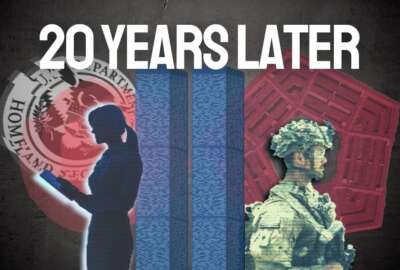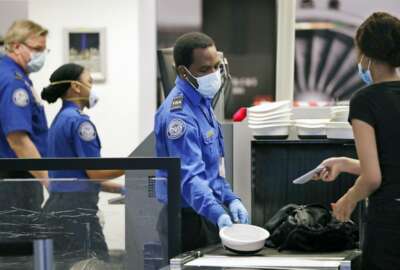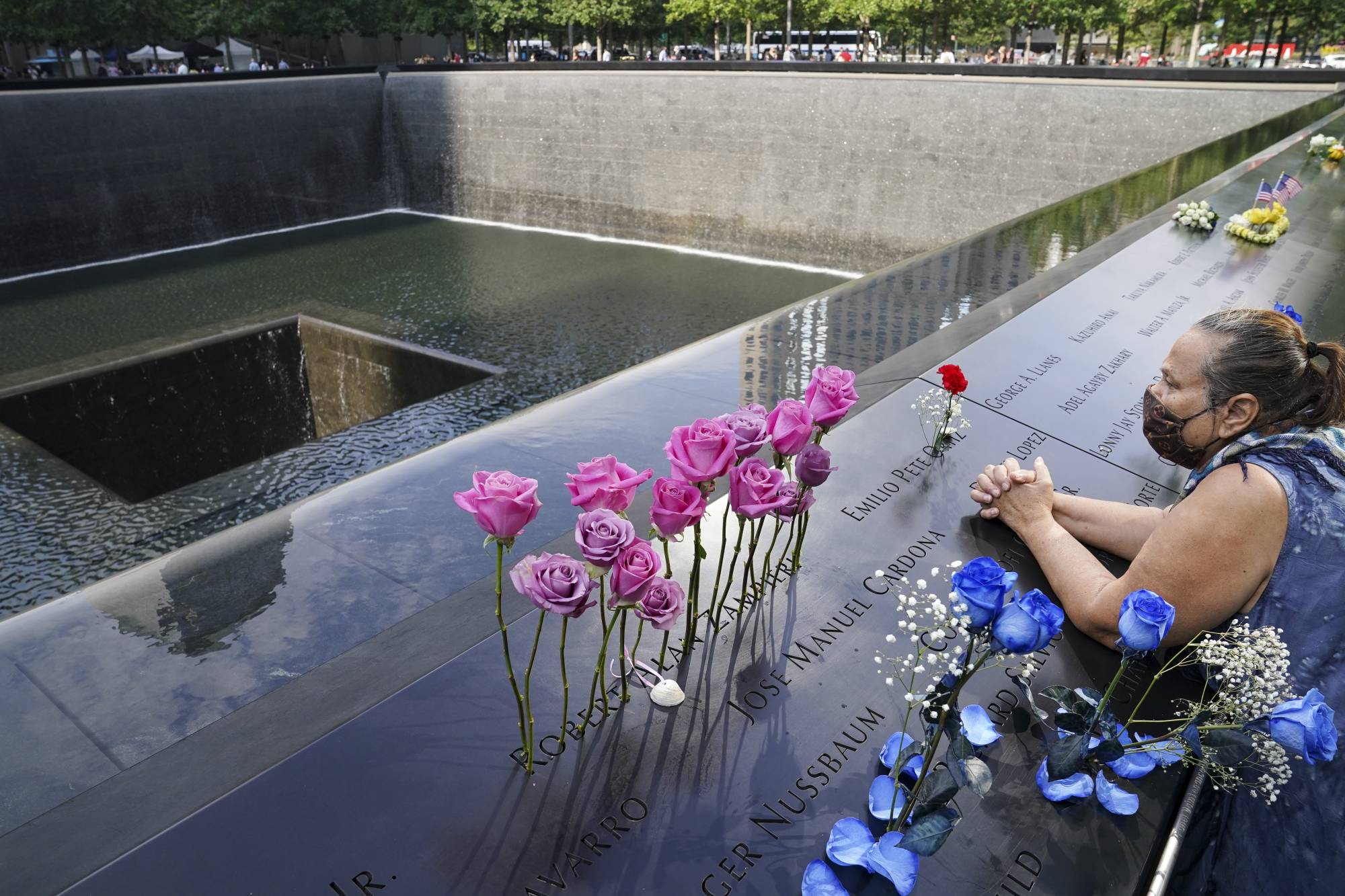A Tuesday like no other: Did it really change everything?
9/11 more than anything accelerated changes that had been in motion for some time, even decades.
We trusted one another back then. Before the airline attacks. The ones in January 1969, that is. The ones that forced — at gunpoint — eight flights to Cuba. People sometimes forget that hijackings had become regular occurrences in the late 1960s and into the mid-1970s.
One time before that, when I was a child, my grandfather took me and my first cousin to National Airport. I was flying home to Pittsburgh, and the families decided my cousin would fly with me for a visit. In those days fares were regulated, but airlines — it was Mohawk, if I recall correctly — had what they called youth fares. My cousin was clearly a youth. We hadn’t even reached the age of 11. But the ticket agent said she needed to see some form of proof.
So my grandfather, something of a wise guy, pulled a school portrait of my cousin out of his wallet. On the back he proceeded to write, in ballpoint pen, my cousin’s name and date of birth. Grandpop handed the small print over to the agent, with the ID now on the back. That’ll do it, she said with a wink, and issued the youth fare ticket.
In those days, before the 1970 advent of magnetometers, you just walked into a plane and sat down. Soon the stewardess, as flight attendants were then called, brought ’round a tray of individually wrapped Chiclets to help your ears decompress.
So if you ask me what’s the biggest change from 9/11, it’s that we took a big step further away from trusting one another. But the nation had already been heading in that direction.
Millions of hours of airtime (including those of my own Federal Drive) and millions of pages of retrospective have been expended on commemorating 9/11 ahead of tomorrow’s 20th anniversary. It’s the Pearl Harbor Day of a newer generation. To me, what 9/11 triggered seems more like the vagaries of Vietnam than the decisiveness of World War II.
Compare Japan and Germany, West Germany anyhow, of 1965 and Iraq and Afghanistan of 2021. In 1965, Japan had already hosted a summer Olympics. Boys’ Life magazine featured swimmer Don Schollander on the cover. Germany’s economic miracle included selling more than 325,000 Volkswagens in the United States. Literally everyone over a certain age drove a Bug at one point or another.
Iraq and Afghanistan — where are their miracles? Why here we are feverishly trying to gain cooperation from the very people deemed a major factor in 9/11 in the first place!
It’s popular to go on about how profoundly 9/11 changed the government. In some sense that’s true. Yes, there’s the Department of Homeland Security — and the word “homeland” becoming part of the U.S. vernacular. But DHS was more a conglomerating of existing departments than the establishment of anything new. The Transportation Security Administration’s work certainly changed air travel, and to some extent cruise travel. But the whole screening mechanism is an extension of what had already been an ever-tightening regime.
Faith and trust in government spiked after 9/11. Many people left the farms and factories, so to speak, to join public service or the military. But that soon faded to the historical downward curve. Nor, obviously, did the toxic partisanship among the people and the politicians improve. 9/11 temporarily halted it, but it started up again within a few months.
Back to the idea of trust.
The perimeter of security around federal facilities and the people who work in them has been moving steadily outward. Unfortunately, for good reason. The attempted assassination of Harry Truman in 1950 ended the idea of a president walking across the street. The Oklahoma City bombing in 1995 gave us bollards and more robust perimeter and entrance security generally, and expanded the idea of what terrorists are actually capable of.
And what is perimeter security and entrance screening but the manifestation of what you can’t trust?
9/11 was cataclysmic in several ways. But it nailed shut the idea of trust on many fronts. It sparked a widening and deepening of the surveillance culture. It made people doubt the loyalties and motivations of others.
The new One World Trade Center rose like a middle finger to the terrorists. But not, in true American fashion, after a solid five years of litigation. Nevertheless, it symbolizes the ultimate resiliency of the nation. So there’s a skyscraper in New York, and a Taliban government in Afghanistan.
If 9/11 changed anything, it is in the psyches of the individuals directly involved. This is true of disasters generally. But did it change everything? I’d say the jury is out.
Copyright © 2025 Federal News Network. All rights reserved. This website is not intended for users located within the European Economic Area.
Tom Temin is host of the Federal Drive and has been providing insight on federal technology and management issues for more than 30 years.
Follow @tteminWFED






